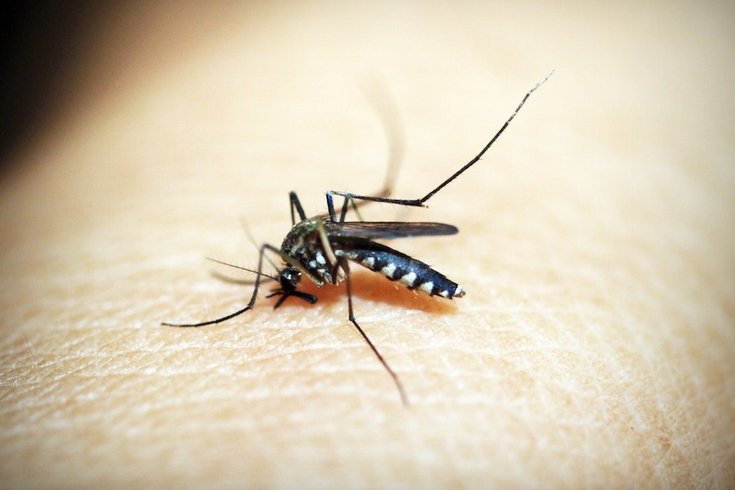
July 03, 2019
 icon0.com/Pexels
icon0.com/Pexels
A Hunterdon County resident was diagnosed with West Nile virus. It is the earliest diagnosis of the virus ever seen by the state of New Jersey, health state officials said.
A Hunterdon County resident was diagnosed with West Nile virus, New Jersey health officials confirmed on Tuesday. It is the earliest report of the virus ever seen by the state.
While the patient infected was unidentified, the report mentions the man in his 70s began showing symptoms of meningitis. He was hospitalized for seven days, and is currently recovering at home, the New Jersey Department of Health confirmed.
“This is the earliest a case of West Nile virus has been detected in New Jersey," said Health Commissioner Shereef Elnahal in a statement. "It is important that residents take steps to protect themselves by using repellent, wearing long sleeves and pants and avoiding the outdoors during dawn and dusk when mosquitoes are most active."
This news comes off of a record year for New Jersey and Pennsylvania. The Keystone State saw its worst year in 15 years last year with 130 human cases. The Garden State saw as many as 61 human cases in 2018.
Most people infected with the virus do not exhibit symptoms. If symptoms do appear, it may only last for a few days at most. Symptoms may appear flu-like, with a fever, headache, body aches, and nausea. When symptoms are more severe, the patient may have a high fever, stiff neck, and swelling of the brain.
People over the age of 50 and immunocompromised individuals are at a greater risk for developing severe complications, such as encephalitis (brain swelling) and West Nile meningitis (inflammation of the membrane that surround the brain and spinal cord.)
In order to protect yourself and your loved ones, officials warn against standing water on any property as its a "breeding ground" for mosquitos. Make sure to dump out any standing water around your property, including kiddie pools to flower pots to any small container that may be collecting water. Other places to check for standing water include clogged rain gutters, pet food or water dishes, and swimming pool covers.
Follow Virginia & PhillyVoice on Twitter: @vastreva | @thePhillyVoice
Like us on Facebook: PhillyVoice
Add Virginia's RSS feed to your feed reader
Have a news tip? Let us know.